

Articles
How To Deter Spiders From Porch
Modified: October 21, 2024
Learn effective strategies to keep spiders away from your porch with these informative articles. Discover natural remedies and helpful tips today!
(Many of the links in this article redirect to a specific reviewed product. Your purchase of these products through affiliate links helps to generate commission for Storables.com, at no extra cost. Learn more)
Introduction
Having spiders on your porch can be a nuisance. Whether you enjoy spending time on your porch or simply want to keep your home spider-free, it’s important to understand how to deter spiders from making your porch their permanent residence. This article will provide you with valuable information on the common spider species found on porches, the reasons spiders are attracted to porches, the negative effects they can have, and most importantly, effective natural methods to deter them from your porch.
Before we dive into the solutions, let’s take a moment to understand spiders and their behavior. Contrary to popular belief, spiders are beneficial creatures that play an important role in the ecosystem by controlling the population of other pests. However, having too many spiders on your porch can be bothersome, and some individuals may have a genuine fear or aversion to spiders.
There are several common spider species that are often found on porches. These include the common house spider, orb-weaver spiders, jumping spiders, and wolf spiders. While most spider species are harmless, some can deliver bites that cause irritation or allergic reactions.
Now let’s explore the reasons why spiders are attracted to porches in the first place. One of the main factors is the presence of insects or other pests. Spiders are predators that feed on insects, so if your porch is a hotspot for bugs, it’s likely to attract spiders as well. Additionally, the structure and design of porches provide spiders with ideal hiding spots and shelter from the elements.
Having spiders on your porch can have some negative effects. Some spiders will leave behind unsightly webs that can make your porch look unkempt. Walking into these webs can be an unpleasant experience, not to mention that spiders crawling around may cause discomfort or fear for some individuals. Furthermore, if you are hosting outdoor gatherings or enjoying a meal on your porch, the presence of spiders can be an unwelcome distraction.
The good news is that there are effective natural methods to deter spiders from your porch. No need to resort to harsh chemicals or hire expensive pest control services. By implementing these simple and eco-friendly solutions, you can create a spider-free porch environment and enjoy your outdoor space without any disturbances. Whether you prefer DIY solutions or opt for professional help, there are plenty of options available.
In the following sections, we will discuss in detail the various methods you can employ to discourage spiders from making your porch their home. From basic cleaning and maintenance practices to sealing entry points, removing spider attractants, using natural repellents, and exploring the option of professional pest control, we’ll cover it all.
Key Takeaways:
- Keep your porch spider-free by maintaining cleanliness, sealing entry points, and removing attractants. Natural repellents and professional pest control can also help manage spider infestations effectively.
- Understanding spiders and their behavior is key to deterring them from your porch. Implement natural methods, such as cleaning, sealing entry points, and using repellents, to create a comfortable and spider-free outdoor space.
Read more: How To Deter Wasps From A Patio
Understanding Spiders
Before diving into the methods of deterring spiders from your porch, it’s important to have a basic understanding of these eight-legged creatures. Spiders belong to the arachnid class, which includes scorpions, ticks, and mites. However, spiders are unique among arachnids because they possess specialized organs called spinnerets that allow them to produce silk, which they use to construct webs and capture prey.
There are thousands of different species of spiders found worldwide, but they all share some common characteristics. Spiders have two main body parts, the cephalothorax and the abdomen. The cephalothorax contains the spider’s mouthparts, eyes, and legs, while the abdomen houses the reproductive system and silk-spinning organs.
Spiders have eight legs and can move in several different ways. Some species are incredibly agile and can jump long distances, while others are known for their ability to spin intricate webs. Spiders vary in size and coloration, with some species being small and inconspicuous, while others are larger and have vivid markings.
It’s important to note that the vast majority of spider species are harmless to humans. They play a vital ecological role by preying on insects and other small arthropods, helping to control their populations. In fact, having spiders in and around your home can be beneficial as they act as natural pest control agents, reducing the need for harmful chemical pesticides.
Spiders are typically shy and prefer to avoid human contact whenever possible. They tend to hide in dark corners or secluded areas where they can remain undisturbed. However, if they perceive a threat or feel cornered, some spiders may become defensive and deliver a bite. While most spider bites are relatively harmless and cause only minor irritation, some species, such as the black widow or brown recluse, can deliver venomous bites that require medical attention.
To identify a spider species correctly and determine whether it poses any threat, it’s important to observe its physical characteristics and behavior. The number of eyes, the shape of the web, and the size and coloration of its body can provide vital clues for identification. If you are unsure about the type of spider you have encountered, it’s best to err on the side of caution and seek professional assistance.
Now that we have a basic understanding of spiders, let’s move on to exploring the common spider species found on porches and the reasons why they are attracted to these areas in the first place.
Common Spider Species Found on Porches
When it comes to spiders that inhabit porches, several species can be commonly found. Each species has its own distinct characteristics and behaviors. Knowing the common spider species found on porches can help you identify them and understand their habits. Here are a few of the most frequently encountered spider species:
- Common House Spider: The common house spider, also known as Parasteatoda tepidariorum, is one of the most widespread spider species found in homes and porches. These spiders are small to medium in size, with a brownish or grayish coloration. They are known for their funnel-shaped webs, which they build in corners or crevices on your porch.
- Orb-weaver Spiders: Orb-weaver spiders belong to the family Araneidae and are known for their skill in constructing intricate, circular webs. These spiders have diverse colors and sizes, with some being brightly colored and others being more cryptic in appearance. They typically select open areas on your porch to build their webs, waiting patiently for flying insects to become trapped in their silk.
- Jumping Spiders: Jumping spiders, belonging to the family Salticidae, are known for their incredible agility and remarkable vision. These spiders have a characteristic stout body shape and large eyes, giving them an almost cute and curious appearance. Jumping spiders are often found on porches due to their ability to climb vertical surfaces and their preference for hunting prey by sight.
- Wolf Spiders: Wolf spiders, scientifically known as Lycosidae, are robust and agile hunters. They are named for their hunting behavior, which resembles that of wolves. Wolf spiders have a fearsome look with their hairy bodies and prominent eyes. These spiders do not construct webs but instead hunt for prey on the ground and can often be found on porches searching for food.
While these are just a few examples of spiders commonly found on porches, it’s important to remember that there are many other species that may inhabit your outdoor space. Spider identification can be challenging, so if you are unsure about the type of spider on your porch or if you suspect it to be venomous, it’s best to seek professional assistance.
Now that we have familiarized ourselves with the common spider species found on porches, let’s delve into the reasons why spiders are attracted to porch areas in the first place.
Reasons for Spiders on the Porch
If you’ve noticed spiders taking up residence on your porch, you might be wondering what is drawing them in. There are several factors that can attract spiders to porch areas. Understanding these reasons can help you address them and effectively deter the spiders. Here are some of the main reasons why spiders may be found on your porch:
- Prey Availability: Spiders are natural predators that primarily feed on insects. If your porch is frequented by bugs and other pests, spiders will be drawn to the abundant food source. Insects such as flies, mosquitoes, and beetles are particularly attractive to spiders, as they provide a readily available and nutritious meal.
- Shelter and Hiding Spots: Porches often provide spiders with ample shelter and hiding spots. The structure of a porch, with its nooks, crannies, and corners, offers ideal locations for spiders to create their webs and retreat when not hunting for prey. Additionally, outdoor furniture, potted plants, and other objects on the porch can also provide hiding spots for spiders.
- Lighting: Spiders are attracted to light sources, particularly at night. If you have bright porch lights or other forms of outdoor lighting, it can act as a beacon for insects, which in turn attracts spiders. They will position themselves strategically near the light source to capture any insects that are drawn to it.
- Favorable Climate: Certain spider species, such as orb-weavers, are more prevalent in warm, humid climates. If you live in an area with a suitable climate for these spiders, they may be more likely to establish their webs on your porch. Additionally, the eaves and overhangs of porches can provide protection from rain and direct sunlight, creating an inviting environment for spiders.
- Existing Infestations: Sometimes, spiders on the porch may be indicators of an existing insect infestation around your property. Spiders follow their prey, so if you have a large population of insects in your yard or near your porch, it’s natural for spiders to congregate there. Taking steps to address and eliminate the underlying insect infestation can help reduce the spider activity on your porch as well.
By understanding the reasons why spiders are attracted to your porch, you can better target your efforts in deterring them. In the following sections, we will explore effective natural methods to discourage spiders from making your porch their home and provide you with a spider-free outdoor space to enjoy.
Negative Effects of Spiders on Porches
While spiders play important roles in ecosystems, having an abundance of spiders on your porch can cause a few negative effects. These effects may vary from being purely aesthetic to causing discomfort or fear for some individuals. Here are some of the potential negative effects of spiders on porches:
- Unsightly Webs: Some spider species create intricate webs that can quickly accumulate on your porch. These webs may be unsightly and can detract from the overall appearance of your outdoor space. Walking into these webs can also be an unpleasant experience.
- Spiders as Unwanted Guests: For individuals with arachnophobia or fear of spiders, their presence on the porch may cause anxiety or distress. This can limit the enjoyment of spending time outdoors or prevent you from using your porch for social gatherings or relaxation.
- Discomfort: While most spiders are harmless to humans, some individuals may still feel uncomfortable or unsettled by their presence. Seeing spiders crawling on the walls, furniture, or surfaces of your porch can be distressing for those who are not fond of these creatures.
- Nuisance during Outdoor Activities: Spiders can become a nuisance during outdoor activities on your porch. Their presence may distract you from enjoying a meal or engaging in conversation with family and friends. Outdoor games and activities can also be disrupted by accidental encounters with spiders and their webs.
It’s important to note that the negative effects of spiders on your porch can vary depending on the species present, their population density, and individual preferences. While some individuals may not mind the presence of spiders, others may be more sensitive to their impact.
The good news is that there are effective natural methods to deter spiders from your porch, allowing you to enjoy your outdoor space without these negative effects. In the next sections, we will explore various techniques and practices to keep spiders away from your porch and create a spider-free environment.
Read more: How To Deter Rats From The Patio
Natural Methods to Deter Spiders from Porches
If you’re looking for eco-friendly and natural ways to keep spiders away from your porch, you’re in luck. There are several effective methods that can help deter spiders without resorting to harsh chemicals or pesticides. By implementing these practices, you can create a spider-free porch environment. Here are some natural methods to consider:
- Cleaning and Maintaining the Porch: Regular cleaning and maintenance of your porch can help discourage spiders from making it their home. Clear away any debris, leaves, or clutter that might provide hiding spots for spiders. Sweep away any cobwebs and remove spider eggs or sacs if you come across them. By keeping your porch clean and well-maintained, you reduce the available shelters for spiders.
- Sealing Entry Points: Spiders can enter your porch through small gaps and openings. Inspect the perimeter of your porch and seal any cracks, crevices, or holes that spiders could use as entry points. Use caulk or weather-stripping to seal gaps around windows and doors. This helps prevent spiders from accessing your porch in the first place.
- Removing Spider Attractants: Spiders are attracted to areas with ample prey. By minimizing insect populations around your porch, you create a less attractive environment for spiders. Keep outdoor lights turned off when not needed, as lights can attract insects that spiders feed on. Additionally, consider relocating outdoor plants that attract bugs away from your porch or using natural pest control methods to reduce the insect population.
- Using Natural Repellents: There are several natural repellents that spiders dislike and can help deter them from your porch. Peppermint oil is particularly effective at repelling spiders. Dilute a few drops of peppermint oil in water and spray it around your porch, focusing on areas prone to spider activity. Other scents that spiders dislike include citrus (lemon or orange) and vinegar. You can create a solution with these scents and spray it around your porch to discourage spiders.
- Utilizing Essential Oils: Certain essential oils, such as lavender, tea tree, and eucalyptus, have properties that spiders find repulsive. Create a solution by mixing a few drops of these essential oils with water and spray it around your porch or apply it to cotton balls and place them strategically around the area.
- Natural Spider Repellent Plants: Certain plants have natural properties that repel spiders. Planting these around your porch can help deter spiders from getting too close. Examples of spider repellent plants include mint, lavender, rosemary, and citronella. Place potted versions of these plants on your porch or create a natural barrier by planting them in the ground around the perimeter.
These natural methods can be effective in deterring spiders from your porch. While they may not completely eliminate all spiders, they can significantly reduce their presence and discourage them from making your porch their habitat. Experiment with different methods and combinations to find the approach that works best for your situation.
If the infestation persists or you have concerns about venomous spiders, it may be advisable to consult with a professional pest control service for further assistance.
By practicing these natural deterrent methods, you can enjoy your porch without the unwanted company of spiders. Keep in mind that regular maintenance and vigilance are key to maintaining a spider-free porch environment.
To deter spiders from your porch, try using natural repellents such as citrus peels, vinegar, or essential oils like peppermint or tea tree. Spiders are known to dislike these scents and will likely avoid areas where they are present.
Cleaning and Maintaining the Porch
One of the most effective ways to deter spiders from your porch is through regular cleaning and maintenance practices. By keeping your porch clean and well-maintained, you create an environment that is less attractive to spiders. Here are some tips to help you maintain a spider-free porch:
- Sweep and Remove Cobwebs: Regularly sweep your porch to remove dust, dirt, and any spider webs that may have formed. Pay close attention to corners, ceilings, and other areas where spiders are likely to build their webs. Use a broom or brush to thoroughly remove any visible cobwebs.
- Clear Away Debris: Remove any debris, leaves, or clutter from your porch. These items provide hiding spots for spiders and can attract other pests that spiders feed on, making your porch more inviting to them. Keep the area around your porch clean and free of vegetation that might touch or lean against the structure.
- Trim Nearby Vegetation: Trim any overhanging branches, shrubs, or plants near your porch. Spiders often use foliage as bridges to access your porch, so minimizing direct contact between vegetation and your porch structure can help deter them. Trim back any vegetation that is touching or close to the porch to create a clear boundary.
- Remove Standing Water: Spiders are attracted to damp areas, so be sure to remove any standing water from your porch. Check for areas where water might accumulate, such as in buckets, flower pots, or rain gutters. Ensure proper drainage on and around your porch to eliminate potential breeding grounds for mosquitoes and other insects that spiders feed on.
- Keep Outdoor Lights Off: Outdoor lights can attract insects, which in turn attract spiders. When not needed, keep your porch lights turned off or use yellow or sodium-vapor bulbs, which are less attractive to insects. If you prefer having lights on at night, consider positioning them further away from the porch itself to draw bugs away.
- Regularly Inspect and Seal Cracks: Periodically inspect the perimeter of your porch for any cracks, gaps, or openings that spiders could use to enter. Seal these entry points with caulk or weather-stripping to prevent spiders from accessing your porch. Pay attention to areas around windows, doors, vents, and utility openings.
By incorporating these cleaning and maintenance practices into your routine, you can significantly reduce the presence of spiders on your porch. Regularly inspecting and addressing potential entry points, removing clutter, and keeping the area clean will make your porch less appealing to spiders and help create a spider-free environment.
Remember, consistency is key when it comes to maintaining a spider-free porch. Develop a cleaning schedule that works for you and regularly assess the condition of your porch to stay on top of any potential spider infestations. By making cleanliness a priority, you can enjoy your porch without the unwanted company of spiders.
Sealing Entry Points
One of the most effective ways to prevent spiders from entering your porch is by sealing any potential entry points. Spiders can squeeze through small gaps and cracks, so finding and closing these openings will help keep them out. Here are some steps you can take to seal entry points and create a barrier against spider invasion:
- Inspect the Perimeter: Carefully examine the exterior of your porch, paying close attention to areas where spiders and other pests could potentially enter. Look for gaps around windows, doors, utility openings, vents, and any other potential entry points. Take note of any cracks or openings that require sealing.
- Use Caulk or Weather-Stripping: Depending on the type of opening, you can use either caulk or weather-stripping to seal it. For small cracks and gaps, apply a bead of caulk, either silicone or acrylic-based, to fill the space. Smooth it out with a caulking tool or your finger for a neat finish. For larger gaps around windows and doors, weather-stripping can be applied to create a tight seal.
- Install Door Sweeps: Door sweeps are a great way to seal the gap between the bottom of your door and the threshold. They help prevent spiders and other pests from crawling under the door and gaining access to your porch. Choose a door sweep that fits your door size and install it according to the manufacturer’s instructions.
- Repair Damaged Screens: If your porch has screens, ensure they are in good condition and free of tears or holes. These can serve as easy access points for spiders. Repair any damaged screens promptly or consider replacing them if necessary.
- Seal Utility Openings: Check for any utility openings on your porch, such as gaps around pipes or wires. These openings can provide spiders with access points. Use sealant, like expanding foam or caulk, to close off these gaps and deny entry to spiders.
- Pay Attention to Ventilation: Proper ventilation is important for a porch, but it’s essential to ensure that vents are adequately screened. Use fine mesh screens to cover ventilation openings, preventing spiders from entering while still allowing air circulation.
By sealing entry points, you significantly reduce the chances of spiders finding their way onto your porch. Remember to conduct regular inspections to identify any new cracks or gaps that may have developed over time and promptly address them. Maintaining a well-sealed porch will not only deter spiders but also help keep other pests out.
Sealing entry points is an effective preventive measure, but it’s important to note that spiders can sometimes find creative ways to enter. If you still encounter spider activity on your porch despite your best efforts, consider implementing additional natural deterrent methods or seeking professional pest control assistance.
Removing Spider Attractants
To deter spiders from your porch, it’s essential to eliminate or minimize the attractants that draw them in. By removing the factors that make your porch appealing to spiders, you can discourage their presence and reduce the likelihood of infestation. Here are some steps you can take to remove spider attractants from your porch:
- Minimize Outdoor Lighting: Outdoor lights attract insects, which in turn attract spiders. Consider reducing the use of bright outdoor lights or opt for yellow or sodium-vapor bulbs that are less attractive to insects. If you need lighting at night, position the lights away from the porch to draw insects away from the area.
- Keep Doors and Windows Closed: Ensure that doors and windows leading to your porch are kept closed when not in use. This prevents insects from entering, reducing the potential food source for spiders. If you prefer to keep windows open for ventilation, make sure they are fitted with screens to prevent both insects and spiders from entering.
- Correct Moisture Issues: Excessive moisture can attract insects and create a favorable environment for spiders. Ensure proper drainage on your porch to prevent water from pooling and lingering. Fix any leaks or plumbing issues promptly, as they can contribute to dampness. By controlling moisture, you reduce the attraction for both insects and spiders.
- Remove Outdoor Clutter: Spiders like areas with lots of hiding spots, so removing outdoor clutter can help deter them. Clean up any piles of leaves, woodpiles, or debris near your porch. Keep the area tidy and free of objects that can provide hiding spots for spiders, such as garden tools, furniture, or children’s toys.
- Address Nearby Vegetation: Trim vegetation near your porch, especially if it is touching or leaning against the structure. Spiders can use plant material as bridges to access your porch. By creating a clear boundary between the vegetation and your porch, you make it more difficult for spiders to make their way onto your porch.
- Control Insect Populations: Spiders primarily feed on insects, so reducing the population of their food source can make your porch less appealing to them. Use natural pest control methods to minimize insects attracted to your porch, such as removing standing water, sealing cracks where insects can enter, and keeping trash cans tightly sealed.
- Consider Companion Planting: Certain plants have properties that naturally repel insects, which, in turn, can help reduce spider attractants. Planting insect-repelling herbs and flowers around your porch, such as basil, marigold, or citronella, can create a barrier against insects and make your porch less enticing to spiders.
By removing spider attractants, you decrease the chances of spiders establishing themselves on your porch. Consistently addressing these factors will help create an environment that is less attractive to both spiders and the insects they prey on.
It’s important to note that removing spider attractants may not completely eliminate spiders from your porch. However, by combining these practices with other natural deterrent methods, you can significantly reduce their presence and create a more enjoyable, spider-free outdoor space.
Read more: How To Deter Bees From A Patio
Using Natural Repellents
Natural repellents can be an effective way to deter spiders from your porch without resorting to harsh chemicals or pesticides. These natural remedies utilize scents and substances that spiders find unpleasant, encouraging them to stay away. Here are some natural repellents you can try:
- Peppermint Oil: Spiders dislike the strong scent of peppermint oil, making it an effective natural repellent. Mix a few drops of peppermint essential oil with water in a spray bottle. Spray this solution around your porch, focusing on areas where spiders are commonly found. Refresh the spray every few weeks or after heavy rainfall.
- Citrus Sprays: Spiders are also averse to citrus scents. You can create a natural spider repellent spray using citrus fruits like lemons or oranges. Squeeze the juice and mix it with water in a spray bottle. Spray this solution around your porch and in spider-prone areas. Alternatively, you can rub citrus peels on surfaces or place them strategically to keep spiders at bay.
- Vinegar Solution: Vinegar has a strong odor that spiders dislike. Make a vinegar spray by mixing equal parts distilled vinegar and water in a spray bottle. Spray the solution around your porch and in areas where spiders are commonly seen. Be cautious when using vinegar on certain surfaces, as it may cause discoloration or damage.
- Lavender Oil: Lavender is known for its calming scent, but it also acts as a natural spider repellent. Spiders find the smell of lavender unpleasant and will avoid areas with its fragrance. Dilute a few drops of lavender essential oil with water and spray it on your porch. You can also place sachets filled with dried lavender in strategic locations.
- Eucalyptus Oil: Eucalyptus oil is another effective natural repellent for spiders. Mix a few drops of eucalyptus essential oil with water in a spray bottle and spray it around your porch. You can also soak cotton balls in eucalyptus oil and place them strategically to keep spiders away.
- Essential Oil Mixtures: Combining different essential oils can create a potent spider repellent. Experiment with different mixtures of oils, such as a combination of peppermint, lavender, and tea tree oil. Dilute the oils with water and spray them around your porch to create a barrier against spiders.
When using natural repellents, it’s important to note that their effectiveness may vary depending on the spider species and individual preferences. Some spiders may react more strongly to certain scents than others. Additionally, natural repellents may need to be reapplied periodically, especially after rain or if the scent diminishes over time.
Using natural repellents is a safe and environmentally-friendly way to deter spiders from your porch. Combine these repellents with other preventive measures such as cleaning, maintaining, and removing spider attractants for best results.
If the spider infestation persists, or if you have concerns about venomous spiders on your porch, it may be advisable to consult with a professional pest control service for further assistance.
Professional Pest Control Options
If you’ve tried various natural methods and still find spiders on your porch, or if you’re dealing with a persistent spider infestation, it may be time to consider professional pest control options. Pest control professionals have the knowledge, experience, and specialized tools to effectively manage and eliminate spider populations. Here are some professional pest control options to consider:
- Inspection and Assessment: A professional pest control technician will conduct a thorough inspection of your porch and surrounding areas to identify the extent of the spider infestation. They will assess any potential entry points, nesting sites, and factors contributing to the infestation.
- Integrated Pest Management (IPM): Integrated Pest Management is an approach that utilizes multiple strategies to reduce and control pests, including spiders. Pest control professionals may employ a combination of methods such as removing spider habitats, using targeted treatments, sealing entry points, and implementing preventive measures to manage a spider infestation effectively.
- Chemical Treatments: Pest control professionals can apply targeted pesticide treatments to address an existing spider infestation. These treatments are designed to be effective against spiders while minimizing risks to human health and the environment. Professionals have the knowledge and expertise to select the most appropriate and least harmful products for the situation at hand.
- Web Removal: Pest control technicians can physically remove spider webs and egg sacs from your porch. This helps eliminate existing spiders and discourages further infestation by disrupting their breeding cycles. Regular web removal can also improve the overall appearance of your porch.
- Exclusion Techniques: Pest control professionals can employ exclusion techniques to seal entry points and prevent spiders from accessing your porch. They can identify and seal gaps, cracks, and other openings through which spiders may enter. This helps create a barrier against future infestations.
- Follow-Up Maintenance: After implementing pest control measures, professionals may recommend regular follow-up visits to monitor the situation and make any necessary adjustments. This helps ensure long-term control and prevention of spiders on your porch.
When considering professional pest control options, it’s important to choose a reputable and licensed pest control company. Look for companies that prioritize the use of eco-friendly and low-toxicity treatments, and inquire about their protocols for minimizing risks to humans, pets, and the environment.
Keep in mind that professional pest control services may involve a cost, but they can provide a more comprehensive and targeted approach to managing spider infestations. Consulting with a professional can give you peace of mind and help you achieve long-lasting results.
Remember, whether you choose to tackle the issue on your own or seek professional assistance, maintaining a clean, well-maintained porch and implementing preventive measures are crucial for long-term spider control.
Conclusion
Dealing with spiders on your porch can be a nuisance, but with the right knowledge and strategies, you can effectively deter them and create a spider-free outdoor space. By understanding spiders and their behavior, identifying common spider species found on porches, and recognizing the reasons why spiders are attracted to your porch, you gain valuable insights into how to address the issue.
Throughout this article, we’ve explored various natural methods to deter spiders from your porch. From cleaning and maintaining the porch to sealing entry points, removing spider attractants, using natural repellents, and considering professional pest control options, there are plenty of approaches to choose from. The key is to find the combination of methods that works best for your situation.
Regularly cleaning your porch, clearing away debris, and removing spiderwebs helps create a less inviting environment for spiders. Sealing entry points and addressing potential vulnerabilities in the structure of your porch helps prevent spiders from gaining access. Removing spider attractants and minimizing the presence of insects reduces the food source for spiders and makes your porch less appealing to them. And utilizing natural repellents such as peppermint oil, citrus sprays, vinegar solution, lavender oil, and eucalyptus oil can enhance your spider deterrent efforts.
If natural methods prove ineffective or if you are dealing with a significant spider infestation, professional pest control options can provide a more targeted and comprehensive solution. Pest control professionals can inspect your porch, implement integrated pest management strategies, apply appropriate treatments, and offer follow-up maintenance to ensure long-term spider control.
Remember to prioritize safety and environmental sustainability when choosing pest control methods, opting for natural and eco-friendly options whenever possible.
In conclusion, while spiders may be a common occurrence on porches, they can be effectively managed and deterred with the right approach. By implementing the methods outlined in this article and staying proactive in your spider prevention efforts, you can create a comfortable and spider-free porch environment where you can fully enjoy your outdoor space.
Frequently Asked Questions about How To Deter Spiders From Porch
Was this page helpful?
At Storables.com, we guarantee accurate and reliable information. Our content, validated by Expert Board Contributors, is crafted following stringent Editorial Policies. We're committed to providing you with well-researched, expert-backed insights for all your informational needs.
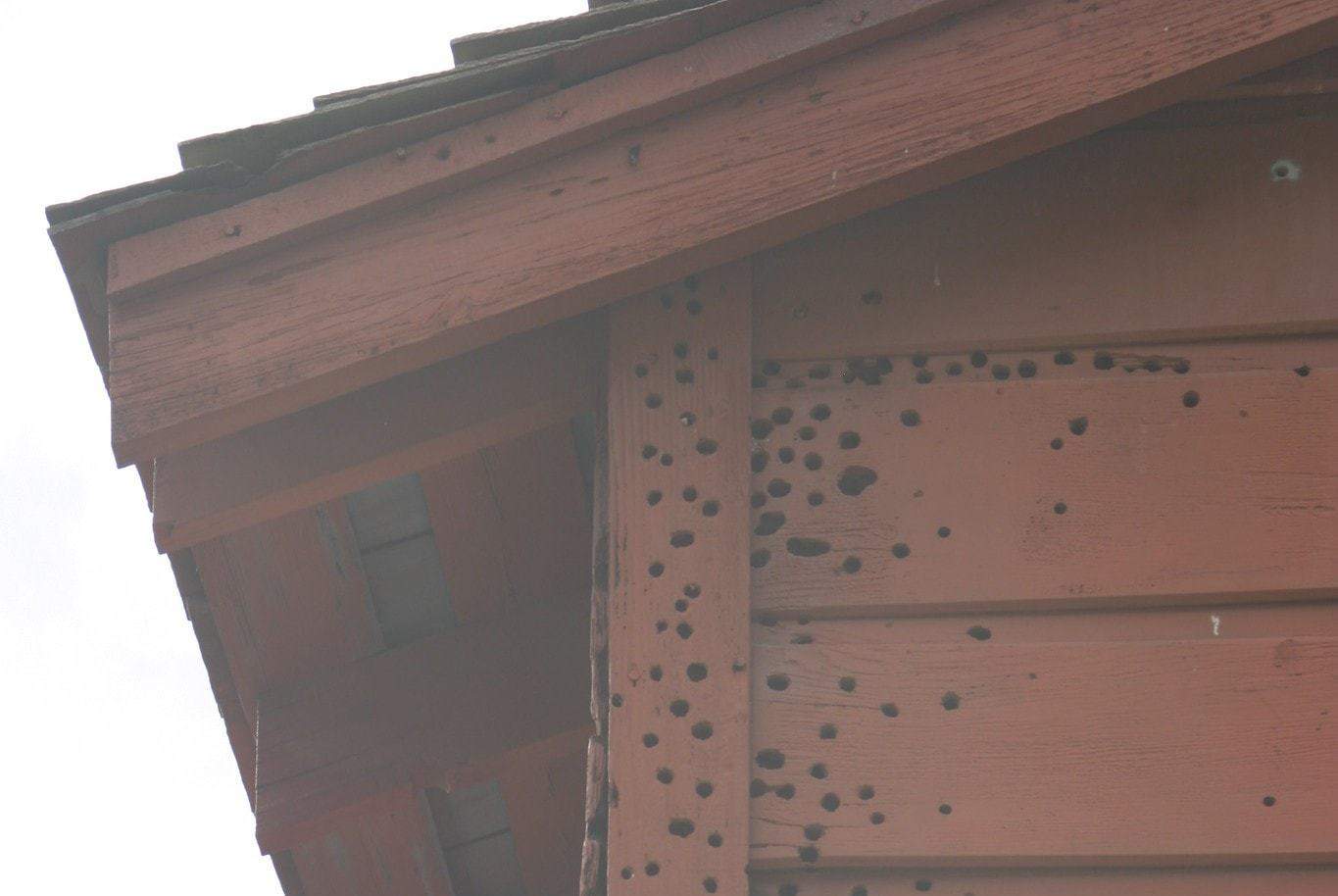
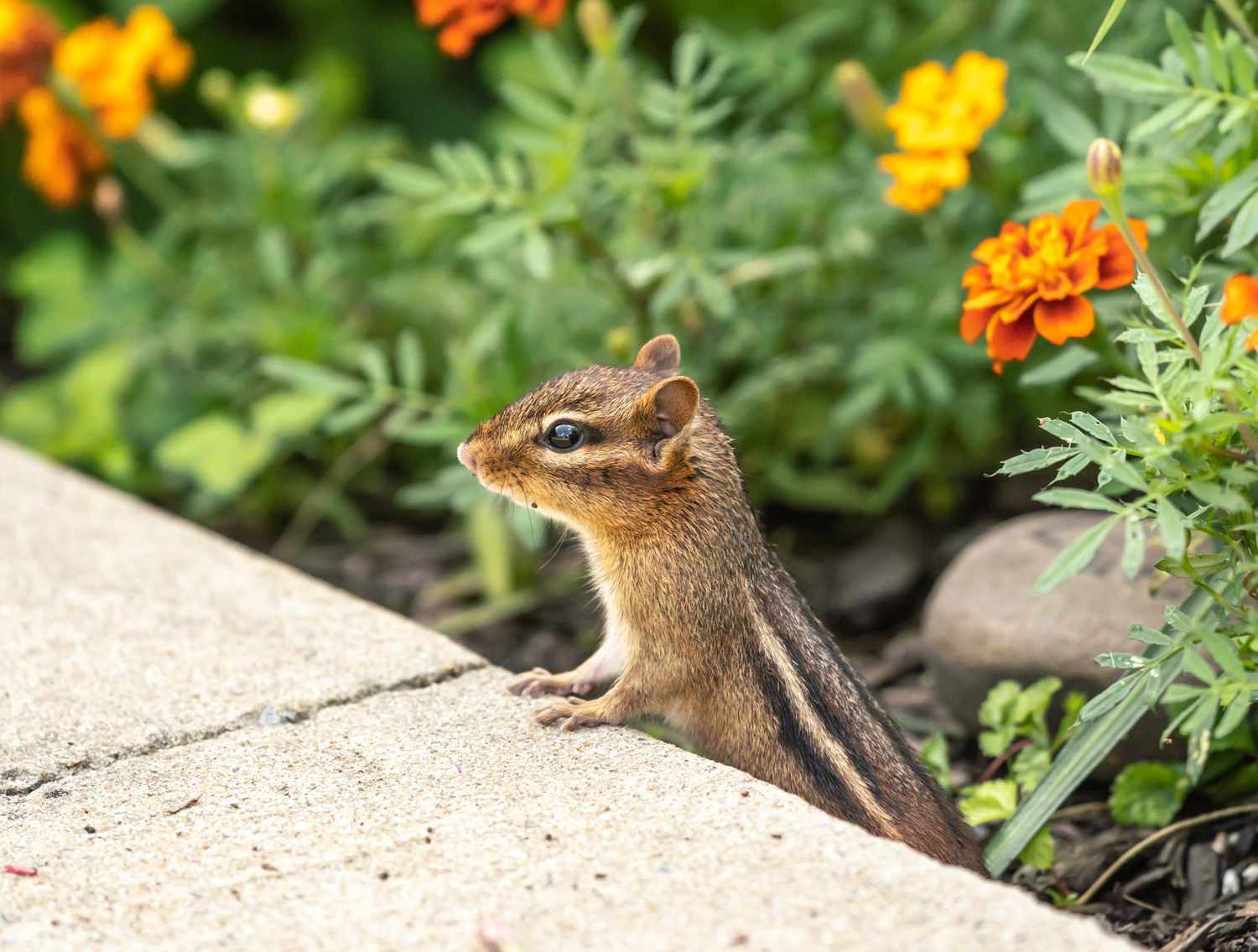
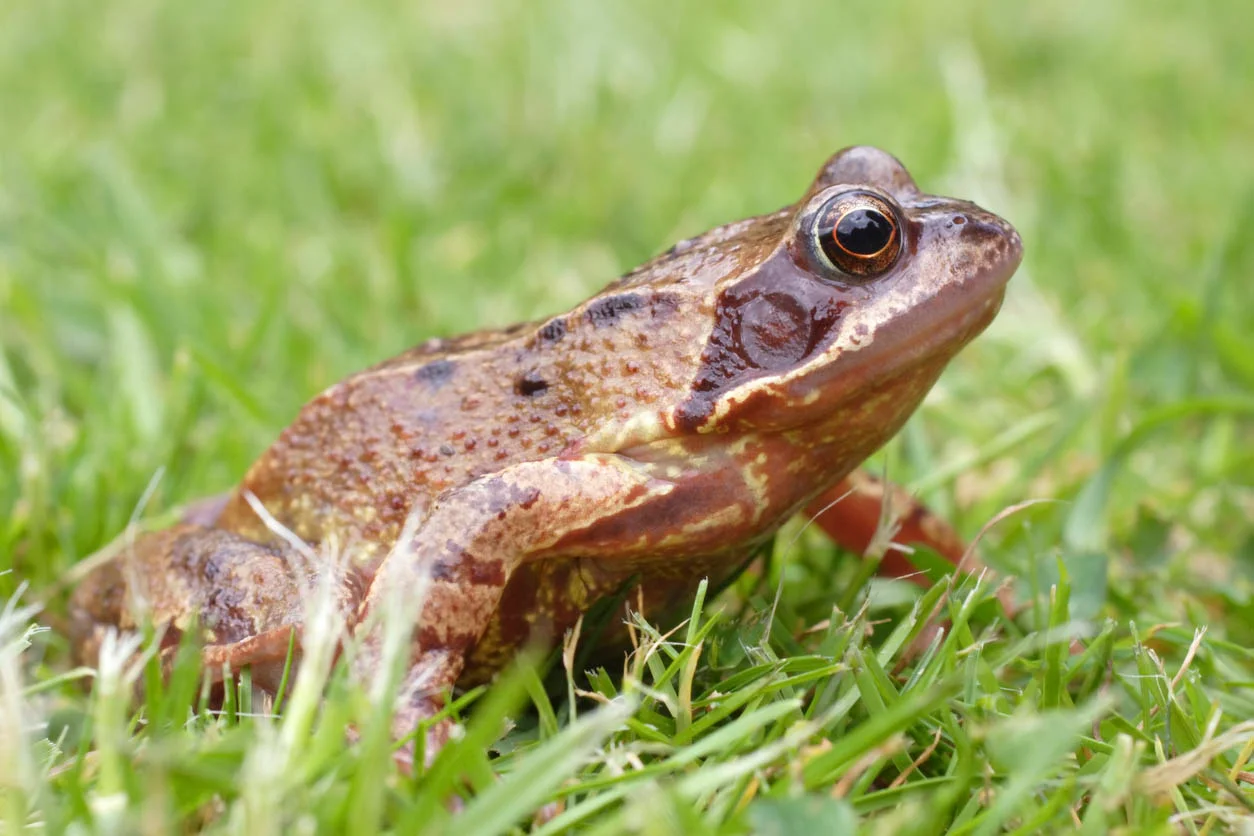
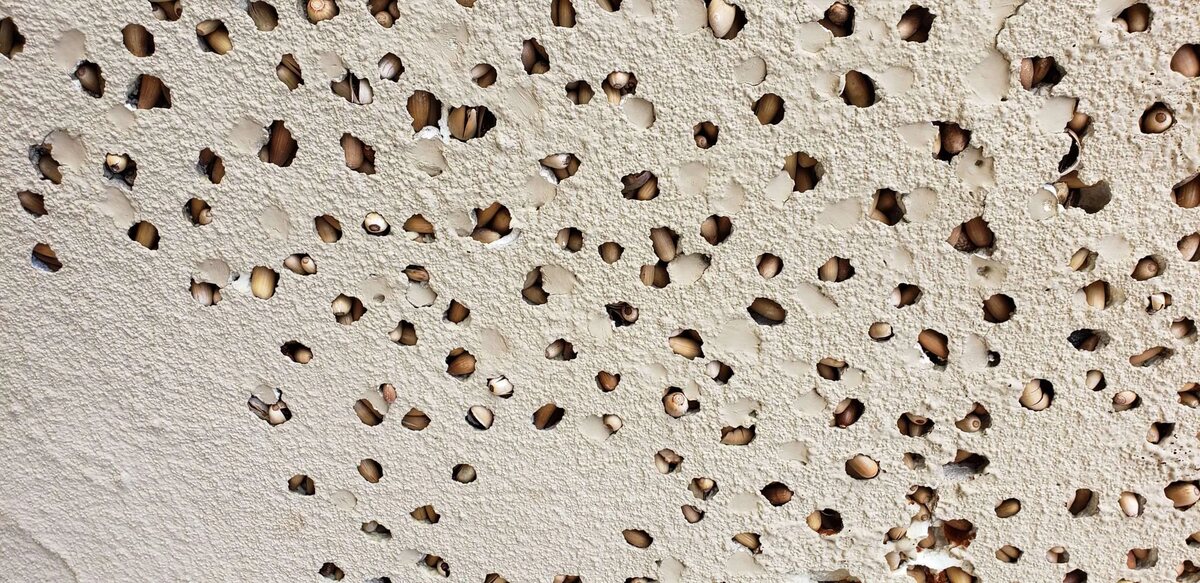
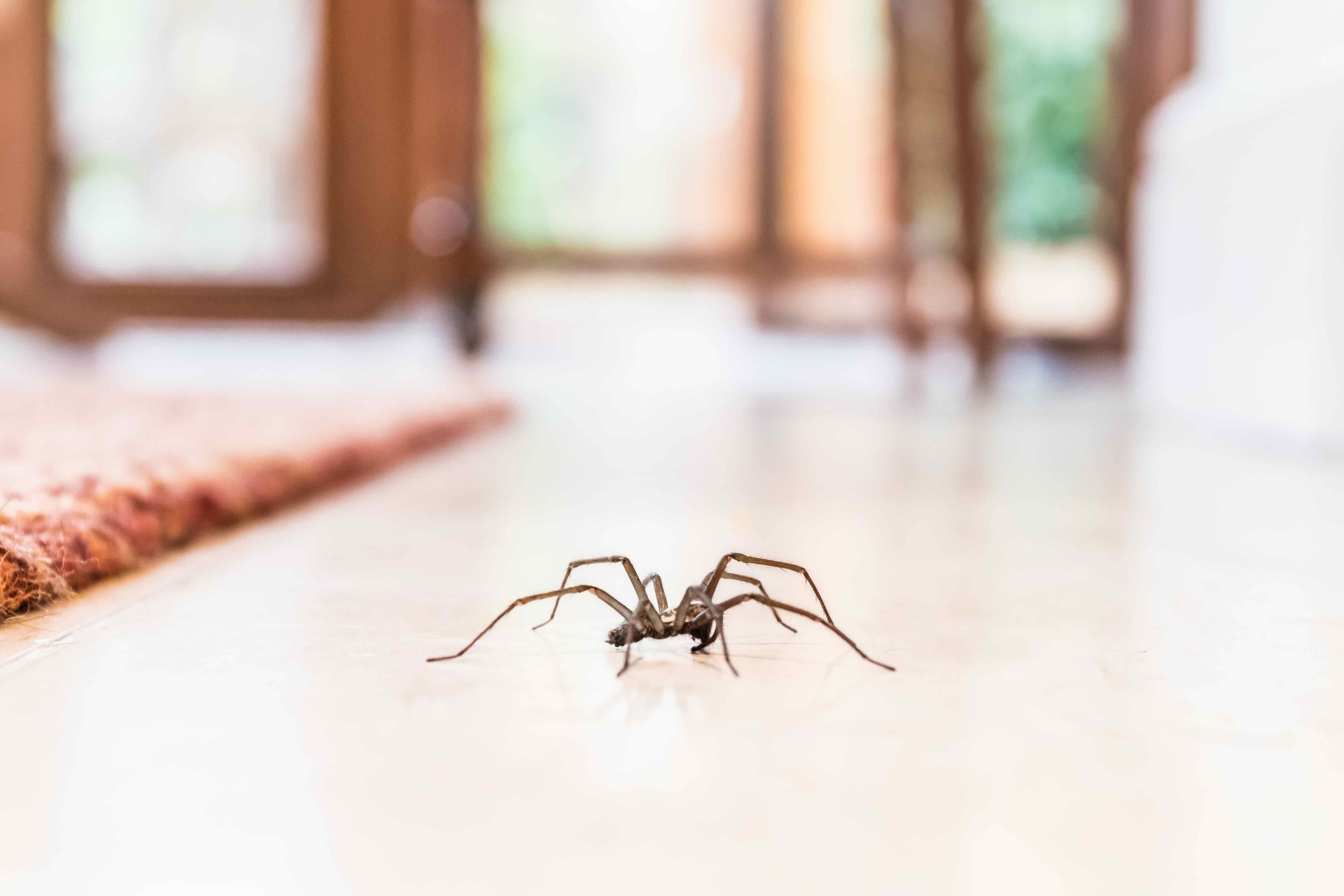




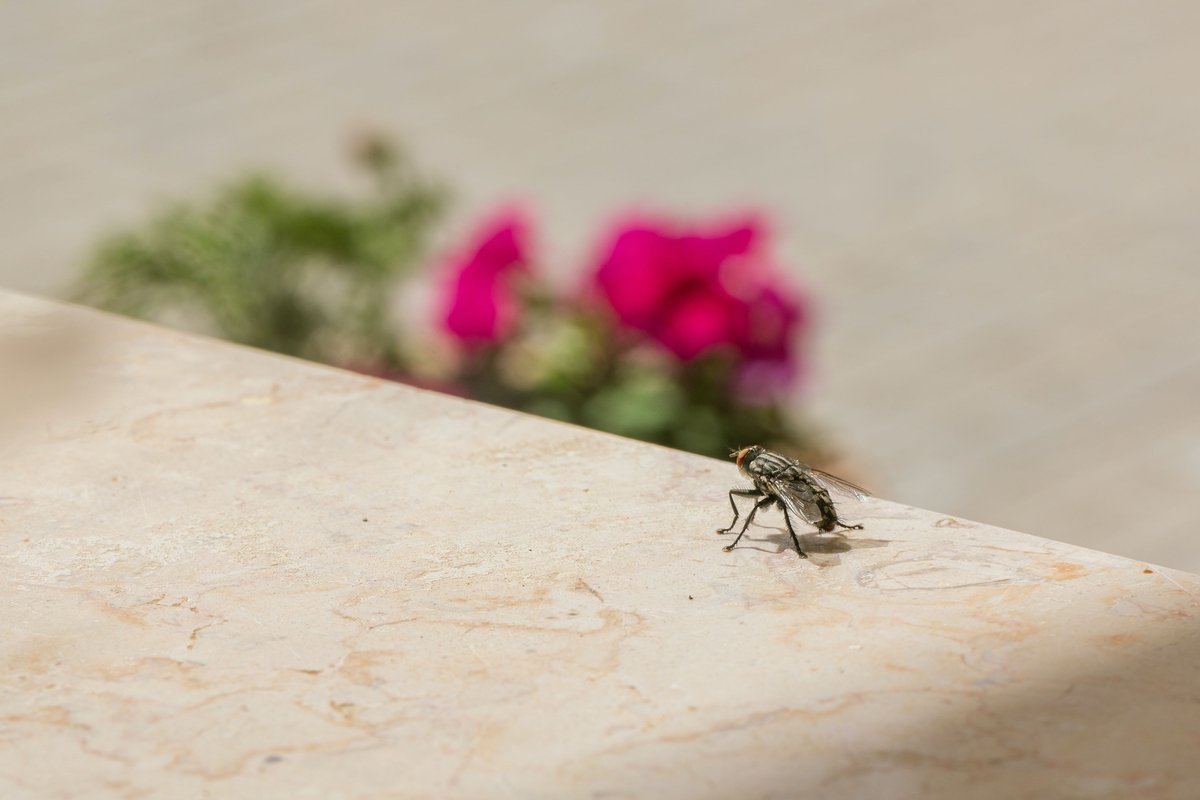

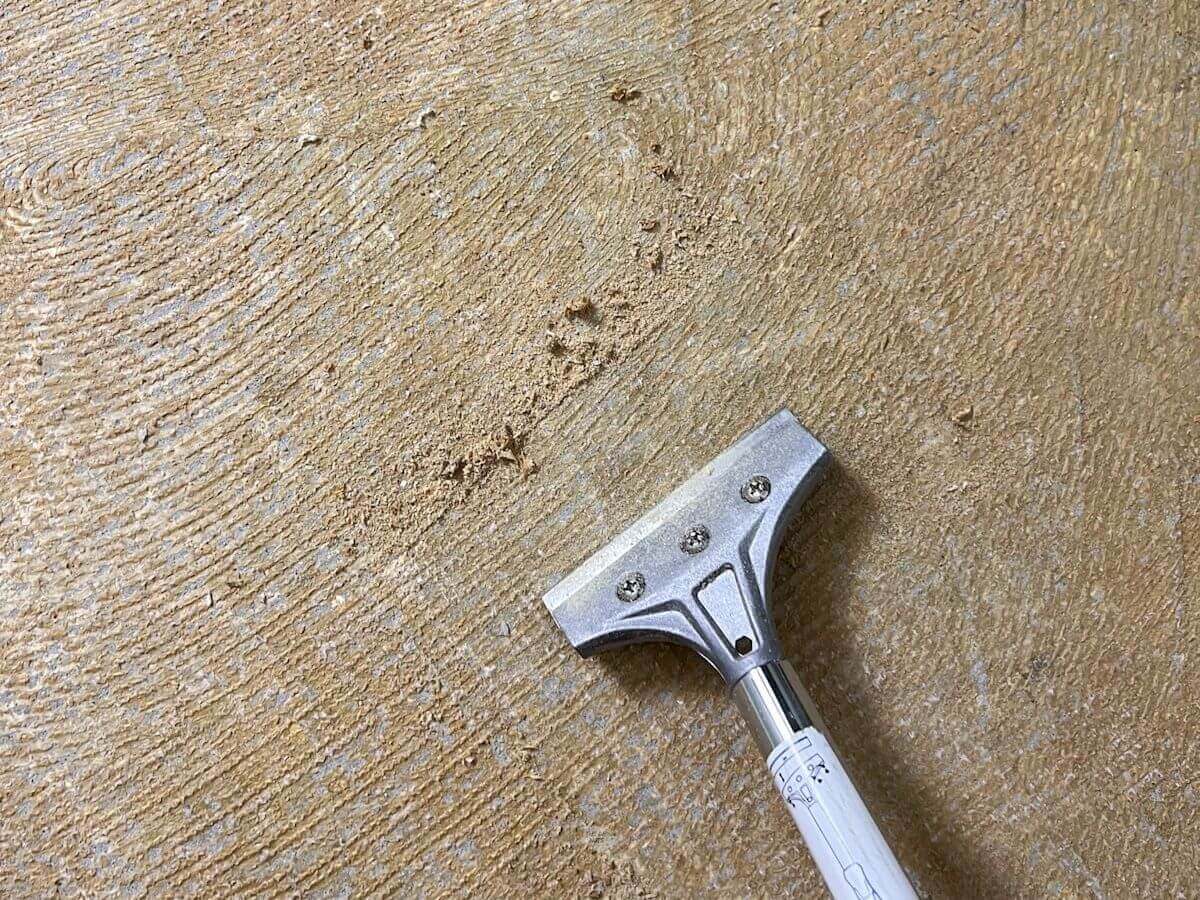
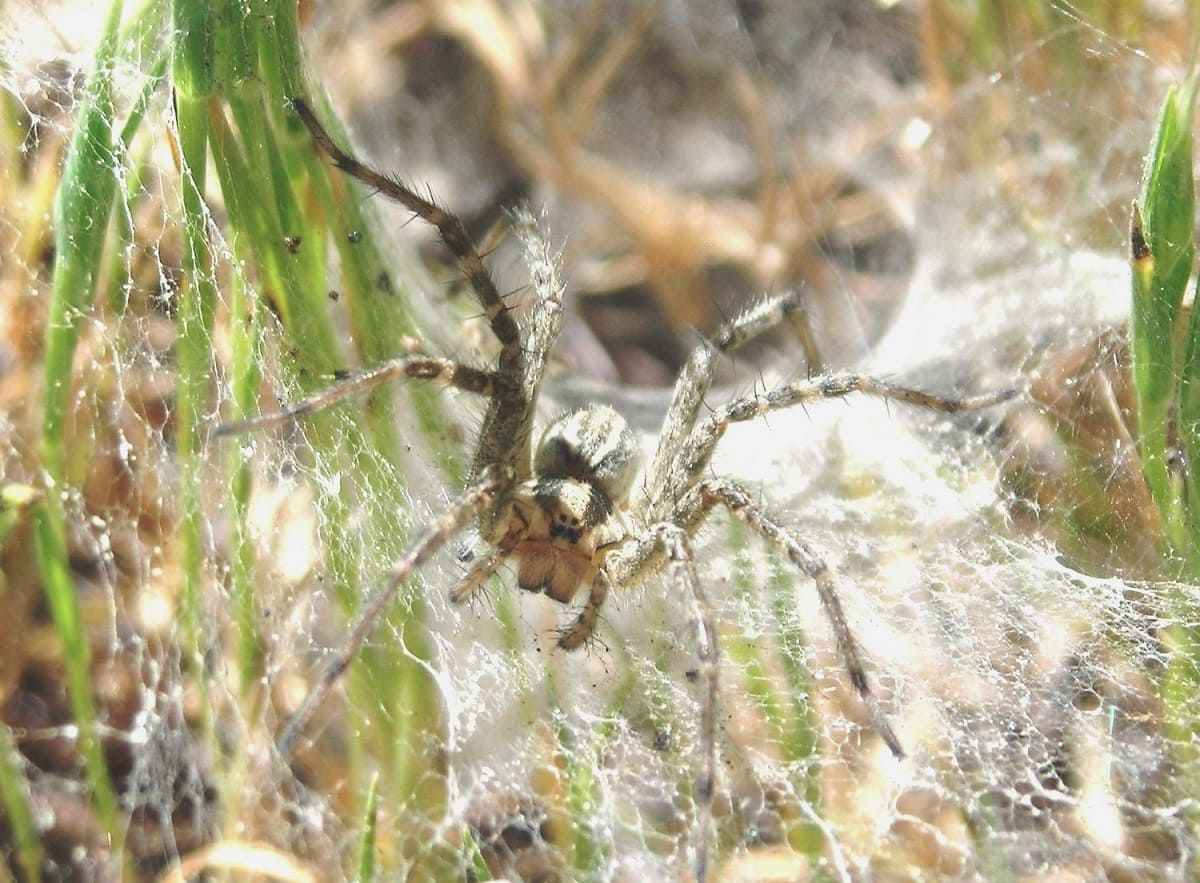

0 thoughts on “How To Deter Spiders From Porch”